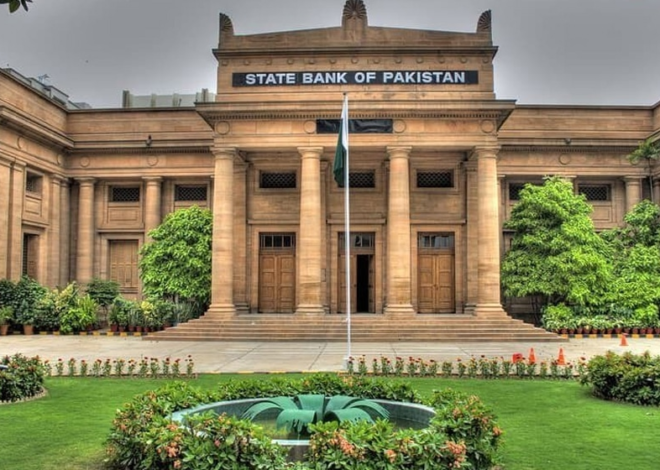
Cabinet Committee Proposes Reduction of 150,000 Vacant Government Positions
In a significant move aimed at optimizing government operations and curbing unnecessary expenditures, the Cabinet Committee on Institutional Reforms has put forward a proposal to eliminate 150,000 unoccupied positions within the federal government. The committee, under the leadership of Prime Minister Shahbaz Sharif, has also suggested a ban on contingency recruitment and the outsourcing of non-essential services such as cleaning and janitorial work. The proposed measures are expected to gradually phase out many positions, particularly in grades 1 to 16, thereby contributing to a leaner and more efficient public sector.
Strategic Recommendations and Key Changes
The committee’s recommendations are part of a broader initiative to streamline federal government functions and reduce the financial burden on the national budget. During the recent meeting, the Ministry of Finance was assigned the responsibility of managing the cash balances of various federal ministries to ensure better fiscal discipline. The committee provided the Prime Minister with an in-depth briefing on proposed reforms for five federal ministries: the Ministry of Kashmir Affairs and Gilgit-Baltistan, the Ministry of State and Frontier Regions (SAFRON), the Ministry of Information Technology and Telecommunication, the Ministry of Industry and Production, and the Ministry of National Health Services.
Merging Ministries and Downsizing Institutions
Among the most significant proposals is the merger of the Ministry of Kashmir Affairs and Gilgit-Baltistan with the Ministry of State and Frontier Regions. This consolidation aims to reduce redundancy and enhance the efficiency of government operations. Additionally, the committee has recommended the closure of 28 institutions across the five ministries under review and the transfer of the Ministry of Privatization, along with other selected ministries, to federal units. Furthermore, the proposal includes the merger of 12 institutions within these ministries to streamline their functions.
Emphasis on Cost Reduction and Service Improvement
Prime Minister Shehbaz Sharif reiterated the government’s commitment to reducing public sector expenses and improving the quality of services provided to the citizens. He directed the committee to seek approval from the Federal Cabinet for the proposed reforms and to develop a comprehensive implementation plan. The Prime Minister stressed that institutions that do not meet public service standards and continue to drain the national treasury should be either privatized or shut down promptly.
Support for Small and Medium Enterprises
In addition to the overarching institutional reforms, PM Shehbaz Sharif expressed a personal commitment to overseeing the Small and Medium Enterprises Development Authority (SMEDA). Recognizing the crucial role that SMEs play in driving economic growth, he instructed that SMEDA be brought directly under the Prime Minister’s Office for closer supervision. This initiative aligns with the government’s strategy to support small and medium enterprises, which are vital to the country’s economic resilience and job creation.
High-Level Discussions and Future Steps
The meeting was attended by key government figures, including Federal Minister for Planning Ahsan Iqbal, Federal Minister for Economic Affairs Ahad Khan Cheema, Federal Minister for Finance and Revenue Muhammad Aurangzeb, Federal Minister for Industries and Production Rana Tanveer Hussain, Minister of State for Information Technology and Telecom Shaza Fatima, Minister of State for Finance Ali Pervaiz Malik, Deputy Chairman of the Planning Commission Jahanzeb Khan, Prime Minister’s Coordinator for National Health Dr. Malik Mukhtar Ahmed Bharath, and Prime Minister’s Coordinator Bilal Azhar Kayani. Their participation highlights the government’s commitment to executing these reforms effectively.
Path Forward
The proposed curtailment of 150,000 vacant positions marks a pivotal step in the government’s broader effort to right-size the public sector and enhance operational efficiency. As these recommendations move toward implementation, the government’s focus will be on ensuring that public service delivery is not compromised while fiscal discipline is maintained. The success of these reforms will be critical in determining the future structure and functioning of the federal government, with long-term implications for the country’s economic stability.







